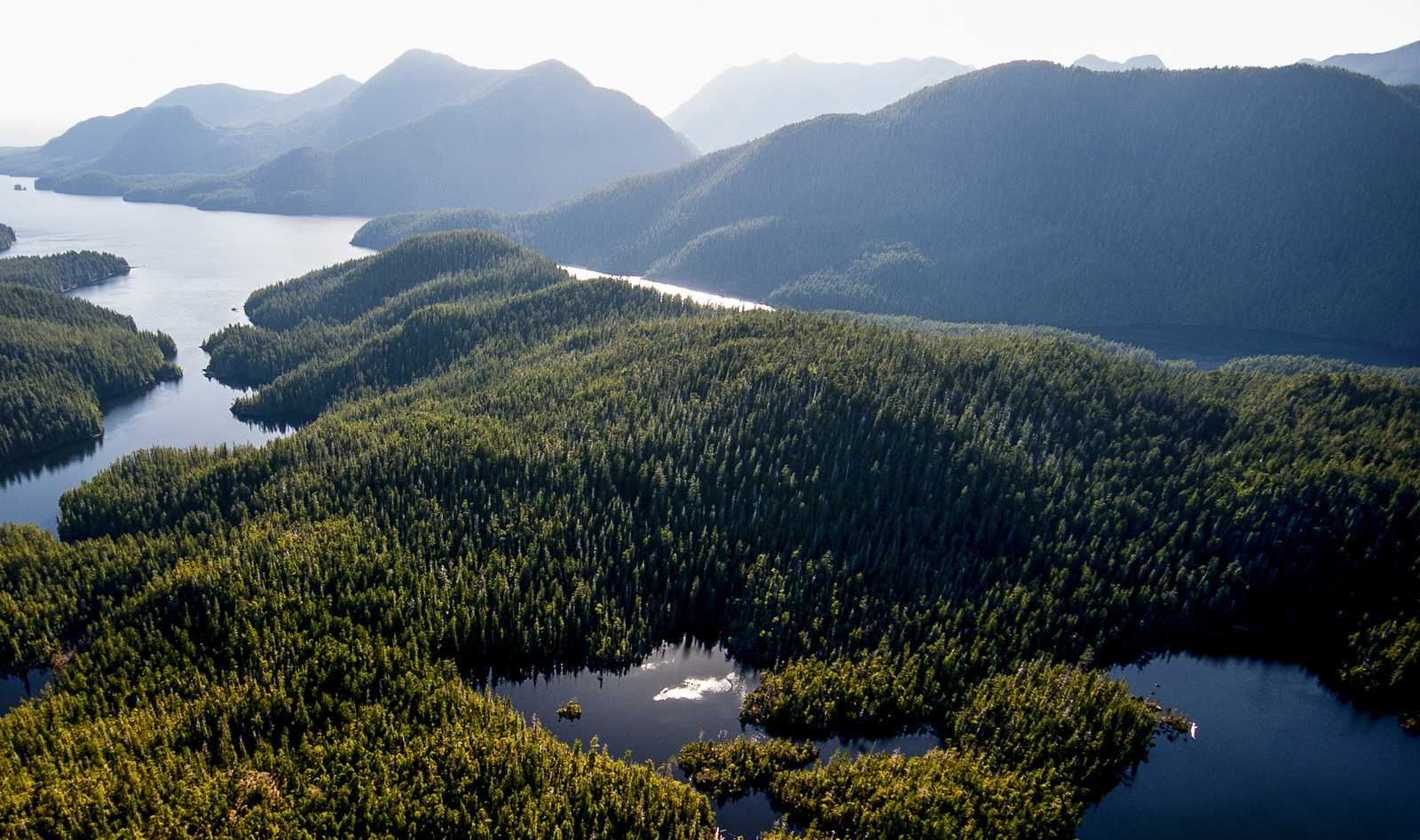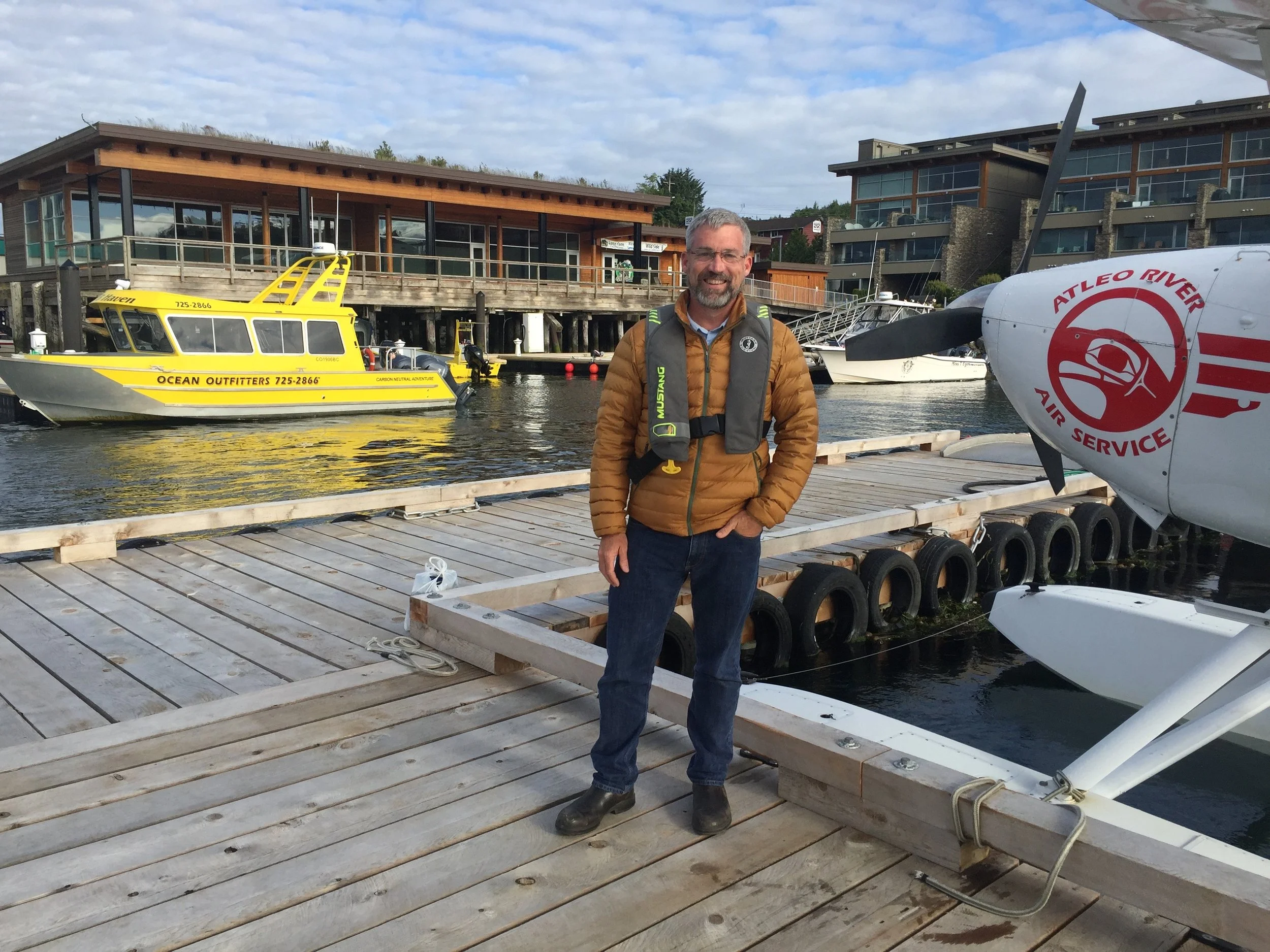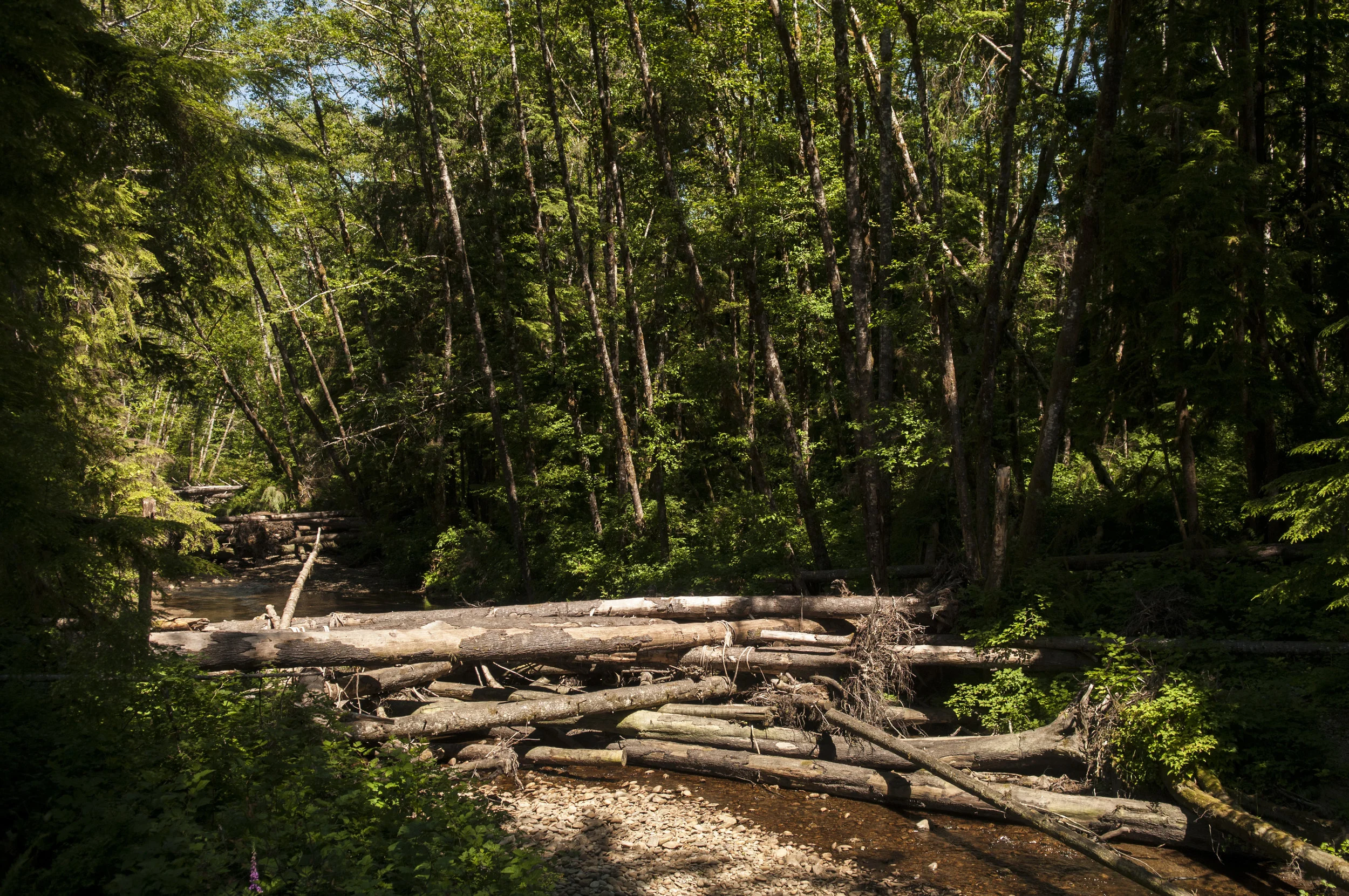A First Nations perspective at the 2017 UN Conference on Climate Change
Indigenous traditional knowledge and international climate action are two terms not usually seen in the same sentence. Much of the world has been focused on technological fixes for renewables, building machines that literally suck carbon from the atmosphere and developing modes of transportation with zero carbon footprint. But at the 23rd annual UN Conference on Climate Change (UNFCCC COP23), held in November 2017 in Bonn, the conversation shifted to carbon capture and storage technologies that are already deployed at a global scale: natural climate solutions and their dissemination through Indigenous knowledge. Focusing on newly engineered solutions alone will not achieve global climate goals; we must incorporate natural solutions.
THE PERFECT TIME FOR COMMUNITY-LED ACTION
Tara Atleo is CEO of the Maaqutusiis Hahoulthee Stewardship Society and a member of the Ahousaht First Nation, whose territory in coastal British Columbia is a part of the Emerald Edge - the world's largest in-tact coastal temperate rainforest. Atleo attended COP23 as a finalist in an essay contest sponsored by the Climate Law and Governance Initiative. Her essay, The Importance of Locally Developed Indigenous Planning Tools and Policy for Climate Change Action in Ahousaht Traditional Territories, was an adaptation of her Master's thesis, focused on environmental economics, specifically how to use non-market valuation techniques for culturally significant areas in Ahousaht traditional territories.
"It's about keeping people employed and promoting well-being while still preserving the environment and culture."
— Tara Atleo, CEO of the Maaqutusiis Hahoulthee Stewardship Society and a member of the Ahousaht First Nation
In January 2017, the Ahousaht Nation released a long-term sustainable economic development plan for their territory in Clayoquot Sound — known locally as the Ahousaht Land Use Vision. The plan sets more than 80 percent of the Ahousaht traditional territory as off limits for industrial development. It also promotes alternative jobs in sectors that fit in with the region's primary economy of tourism and green energy while holding true to Ahousaht's traditional laws and values. The Ahousaht Land Use Vision aims to use traditional knowledge and inextricable linkage to the natural world to build a sustainably managed landscape in the face of climate change, while also increasing economic development. This focus on the role of traditional knowledge in helping communities adapt to climate change was also a common theme at Bonn — a theme that has not always been prominent in international climate conferences.
"What I heard at multiple panels was that this was the thing to watch now and in future year," she says. "This may be the perfect time for me to do further work at this intersection"
TNC PARTNERSHIP: USING "A GREEN CHAINSAW"
One example was the panel "Forest climate change solutions for governments and the private sector," hosted by The Nature Conservancy (TNC), Forest Stewardship Council (FSC) and World Wildlife Fund (WWF).
TNC is a key partner of the Ahousaht — not something many environmental organizations can say. Tara explains, "As First Nations and as Ahousaht, we are always a little bit wary of environmental NGOs because they have their own agenda they are trying to push, and they use the partnership for that. TNC is different, it's a real partnership. TNC looks at the bigger picture in terms of what we need as a community."
In the Emerald Edge, which spans 100 million acres from Washington to Alaska, TNC supports community-led conservation. Our work focuses on investing in youth, supporting Indigenous authority, building healthy economies, and helping emerging leaders achieve long-lasting conservation. Unlike many environmental organizations, TNC uses a "green chainsaw," as Tara put it.
"It's about keeping people employed and promoting well-being while still preserving the environment and culture," she says. "It's what this TNC partnership has been about and will continue to be about."
HOPE FOR THE FUTURE AND A CRUCIAL PIECE OF THE PUZZLE
Tara says it was interesting to speak with people about this issue and represent an Indigenous perspective at COP23. Overall, Tara thought the discussions were inclusive and sees an opportunity for her voice to be heard moving forward.
Using traditional knowledge as a way to adapt to and combat climate change is a theme in the international climate world that won't be going away anytime soon. For so long, this crucial piece of the puzzle has been localized to communities and regions, not talked about at a global scale. Tara hopes this will change having seen how much of a role this idea played in this year's conference.
"I want to know more about the role of traditional knowledge in climate change action," she said, "and how I can help our community and others."



























